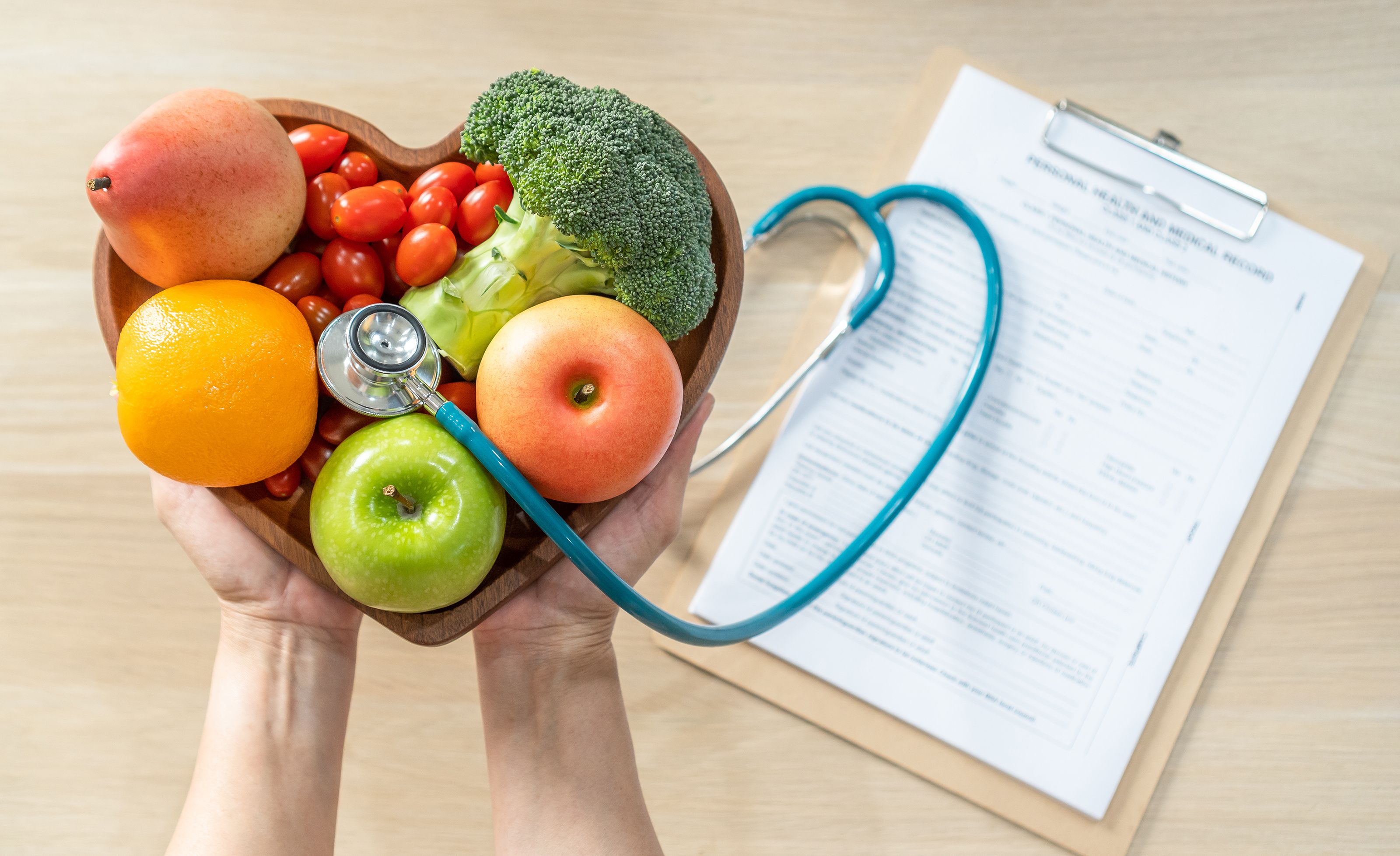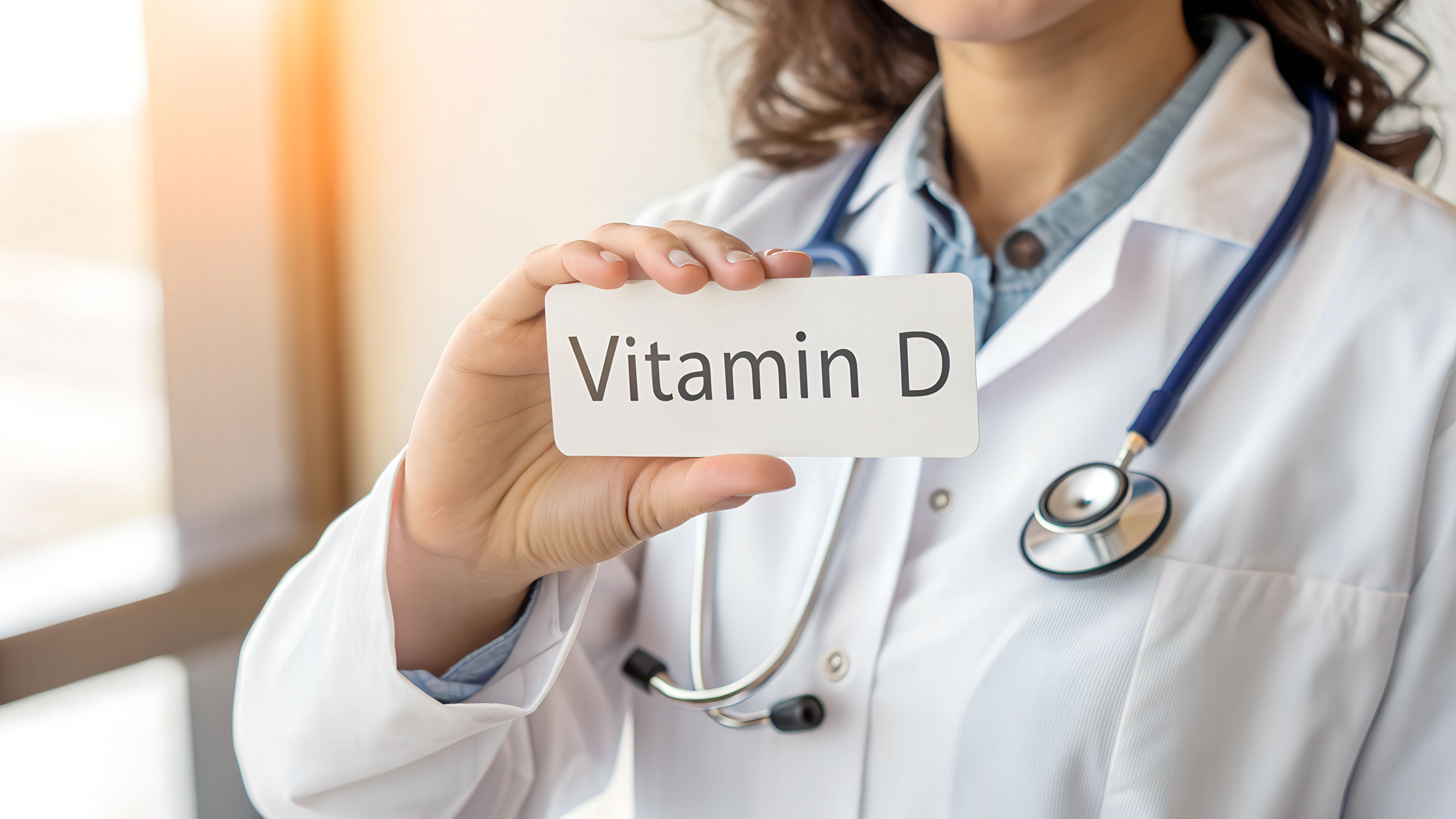Case 1: When to Initiate Prenatal Vitamins
TT is a 27-year-old woman hoping to start a family with her partner in the next year. She is very excited about this next chapter of her life and wants to make sure she does everything she can to have a healthy baby. Her only medical history includes gastroesophageal reflux disease, for which she takes daily famotidine (Pepcid; McNeil Consumer Pharmaceuticals Co). She has come to the pharmacy because she has a few questions about prenatal vitamins that she hopes the pharmacist can help her with. TT would like to know the appropriate time to start taking prenatal vitamins and learn about their benefits.
Q: How should the pharmacist counsel TT?
A: The pharmacist should inform TT that prenatal vitamins are important during pregnancy because they provide the mother and fetus with adequate amounts of the vitamins and minerals needed during pregnancy. Important vitamins during pregnancy include folic acid, iron, calcium, vitamin D, choline, ω-3 fatty acids, B vitamins, and vitamin C. The vitamins can be obtained from food but can also be found within prenatal vitamins.1 The pharmacist should counsel TT that prenatal vitamins should be taken ideally beginning 1 month before pregnancy because nutrition and vitamins can be crucial during the first few weeks of pregnancy to reduce the risk of birth defects.2
About the Author
Deanna Fox, PharmD, is an acute care clinical pharmacist in emergency medicine and clinical care at Geisinger Medical Center in Danville, Pennsylvania.
Kylie Helfenbein, PharmD, is a critical care clinical pharmacist at Overlook Medical Center in Summit, New Jersey.
Rupal Patel Mansukhani, PharmD, FAPhA, NCTTP, is a clinical professor of pharmacy practice and administration at Ernest Mario School of Pharmacy at Rutgers, The State University of New Jersey, in Piscataway and a transitions-of-care clinical pharmacist at Morristown Medical Center in New Jersey.
Case 2: Iron Supplementation
RK is a 32-year-old woman who became pregnant about 3 weeks ago with her first child. She has a medical history of type 1 diabetes and has an insulin pump. She has also been taking a daily prenatal vitamin since the start of her pregnancy. She recently saw her gynecologist and was reading about the importance of iron supplementation during pregnancy, and now she has come to the pharmacy counter to ask the pharmacist for further education.
Q: How should the pharmacist counsel RK?
A: The pharmacist should educate RK on the importance and benefits of iron, including the delivery of red blood cells to the fetus, which is required for adequate oxygenation. RK should be counseled that the daily required amount of iron during pregnancy is 27 mg, which can generally be obtained through a prenatal vitamin. RK should be aware that this is a higher daily iron requirement than the 18 mg recommended for nonpregnant patients. The pharmacist can also counsel RK on food sources that are naturally high in iron such as dried beans, lean red meat, poultry, and fish.1
Case 3: Folic Acid
SW is a 38-year-old woman who is looking to become pregnant in the next few months with her first child. She has a medical history of irritable bowel syndrome and seasonal allergies, for which she takes daily linaclotide (Linzess; AbbVie) and loratadine (Claritin; Bayer), respectively. SW was recently talking to a close friend who was telling her about the importance of prenatal vitamins and folic acid during pregnancy. She is at the pharmacy today to learn more about folic acid so she can better plan her future pregnancy.
Q: What should the pharmacist counsel SW on regarding folic acid supplementation during pregnancy?
A: The pharmacist should explain to SW that folic acid supplementation is crucial during pregnancy because it helps prevent birth defects. Folic acid plays a large role in preventing neural tube defects, which are birth defects of the brain and spine of the fetus. During pregnancy, it is recommended to have at least 600 μg of folic acid daily. Prenatal vitamins are important in regard to folic acid supplementation because most prenatal vitamins contain at least 400 μg of folic acid. The pharmacist should recommend that SW start taking a prenatal vitamin at least 1 month prior to pregnancy to help reduce the risk of birth defects. The pharmacist should also inform SW of foods that are naturally high in folic acid, such as dark green leafy vegetables, beans, orange juice, and fortified cereals, that can be eaten in addition to taking a prenatal vitamin.1
Case 4: Calcium Supplementation
NK is a 29-year-old woman who just found out she is 6 weeks pregnant with her first child and wishes to purchase prenatal vitamins. She approaches the pharmacist to inquire about the daily recommended value for calcium in pregnancy and is concerned she needs to increase her dietary intake of calcium. She asks whether the pharmacist can advise her regarding the content of calcium in prenatal vitamins as well as other nonpharmacologic dietary options for calcium intake during pregnancy.
Q: What recommendations should the pharmacist make to NK at this time?
A: The pharmacist should emphasize the importance of adequate calcium intake during pregnancy because it plays an essential role in bone formation, muscle contraction, and enzyme and hormone function.3,4 The pharmacist should educate NK that the recommended dietary intake of calcium in pregnancy is 1200 mg per day, although a higher intake of 1.5 to 2 g of elemental calcium per day is recommended for pregnant women with low calcium at baseline.3 The pharmacist should emphasize that most prenatal vitamins do not contain enough calcium to meet the recommended daily intake and that most patients achieve their intake through dietary means. Some options NK can incorporate into her diet include dairy products such as milk, yogurt, cheeses, and calcium-fortified cereals and juices.3,4
REFERENCES







